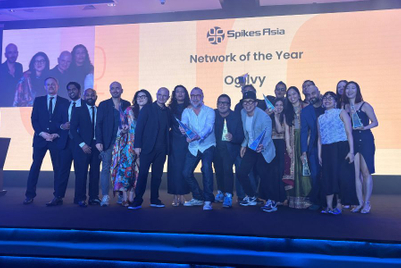
From a public-relations point of view, Facebook has been through hell in recent months. The company appears to have learned something from the experience, and is being more transparent, and more proactive, about explaining its policies.
Seemingly having realized that its entire business model was being tarred by association with an egregious instance of leakage and/or misuse of user data, the company has taken pains to put out spiffed-up and well-written explainers about its advertising principles. And it has put a lot of effort into explaining changes made in reaction to the scandal.
This is all just sensible PR. Facebook's business model is valid. People have misconceptions about the use of user data. The company should be defending itself with factual information. (None of its efforts will mean anything, of course, if it fails to prevent the next scandal, but we're talking about communications here, not operations.)
However, there is one way that the company continues to shoot itself in the foot—one point it seems powerless to stop bringing up and arguing about. To wit:
If I’m not paying for Facebook, am I the product?
No. Our product is social media—the ability to connect with the people that matter to you, wherever they are in the world. It’s the same with a free search engine, website or newspaper. The core product is reading the news or finding information—and the ads exist to fund that experience.
Facebook first published this statement in an explainer in April, which set off a small explosion of articles, many with mocking headlines like, ''Facebook really really wants you to believe you're not the product it's selling."
A few days ago, Facebook repeated the same verbiage in an otherwise clear and factual FAQ sent to members of the press, including editors here at Campaign. And mind you, the "am I the product" question was the first thing in the FAQ, so clearly it's important to the company.
Needless to say, the answer Facebook provides is false and maddening. By definition, a “product” is something that is for sale, and while Facebook’s social-media and communications services are not for sale, its advertising mechanisms certainly are—to the tune of many billions of dollars every quarter. We all know this. And we all know user data fuels that engine. Ergo, the user is the product. And the user knows it.
It's easy to understand why Facebook doesn't want the charge to stick. It doesn't want people to think that it only cares about its users insofar as they generate profits. Fair enough. There's a chance that's even the truth. But to expect anyone to be fooled by semantic game-playing is ridiculous and self-defeating. To use an off-colour idiom, don't piss in my ear and tell me it's raining.
This is an argument Facebook can't win. So the most puzzling part is that it keeps trying. It reminds me of this famous comic by the brilliant Randall Munroe, in which a person just can't let it go when "someone is wrong on the internet".
No one's asking Facebook to use 'You are the product' as its tagline. But the company can't expect people to stop believing it's true either—because it more or less is. Get over it. And for goodness sake, stop bringing it up!
Matthew Miller is Campaign Asia-Pacific's online editor. If you're interested in the origin of the 'If you're not paying for the service, you're the product' meme, he recommends this excellent Slate article tracing its origins, which go back further than you might think.


.jpg&h=334&w=500&q=100&v=20250320&c=1)

.jpg&h=334&w=500&q=100&v=20250320&c=1)
+(1).jpg&h=334&w=500&q=100&v=20250320&c=1)

.jpg&h=334&w=500&q=100&v=20250320&c=1)



.jpg&h=334&w=500&q=100&v=20250320&c=1)
.jpg&h=268&w=401&q=100&v=20250320&c=1)

.jpg&h=268&w=401&q=100&v=20250320&c=1)
.jpg&h=268&w=401&q=100&v=20250320&c=1)


.jpg&h=268&w=401&q=100&v=20250320&c=1)
